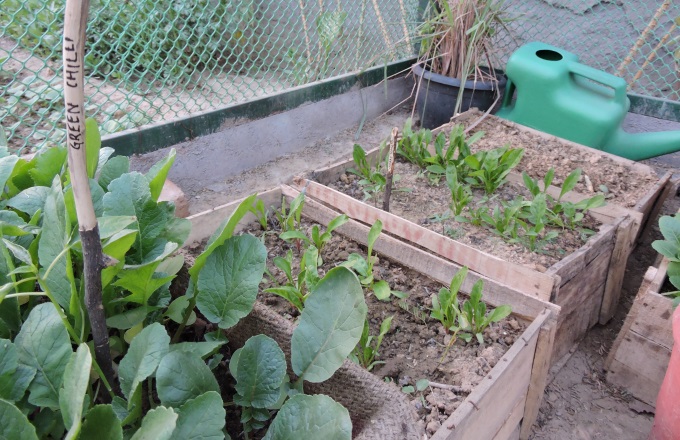Research on studying urban farming and identifying its scope, importance and benefits to urban ecosystems was begun with the setting up of Green Lab in the Indraprastha College for Women, University of Delhi in collaboration with Dr. Surabhika Maheshwari.
Urban Farming refers to the processes and technique(s) of growing edibles in urban settings, the latter of which are highly compact, space-competitive areas inhabited by humans, who are further limited in terms of resource availability (including time and emotional space).
Cities are regions which very large ecological footprints and any urban centre today depends for obtaining its resource on a globally diffuse productive hinterland several times its size. This makes cities a threat to regional sustainability and cities around the world need to reduce their footprint through any means (conventional and/or innovative) possible. Urban Farming is one forward step in this direction, aimed at promoting the concept of growing edible at institutional and individual level in urban areas like Delhi.
In addition to the immediate environmental benefits obtained from growing one’s own food (or as much of it as possible), Urban Farming is also accompanied with other benefits such as regulation of air quality, improvement of urban ambiance along with psychological and psycho-social benefits due to the act of growing and nurturing green plants.
Urban Farming is now being developed as a module and its various processes and techniques are being standardized for involving all sections of the society in this practice.
